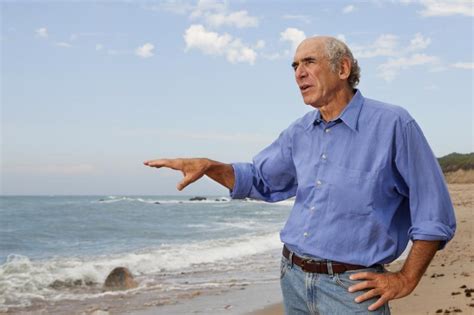A Quote by Neil Gaiman
The current total of countries in the world with First Amendments is one. You have guaranteed freedom of speech. Other countries don't have that.
Related Quotes
The reality is that [Barack] Obama has some 15 countries in the current Libya coalition. President Bush put together close to 50 countries for the Afghan coalition, some 40 countries for the Iraqi coalition, more than 90 countries for the Proliferation Security Initiative and over 90 countries in the Global War on Terror.
In a world that has gone global, we no longer have a choice. If we don't export freedom, we risk importing the viruses which have corrupted other nations. ... Some critics complained that President Bush was arrogant when he suggested America can and should export freedom to other countries. This implies the people of unfree countries may not wish to be free. Which is the greater arrogance?
The international equity question arises from the costs of climate change itself and mitigation varying greatly across countries. It is affected by the historical responsibility for current greenhouse gas emissions, which countries which were not responsible for what's in the atmosphere now think are very important. Currently rich countries don't think those issues are very important.


































